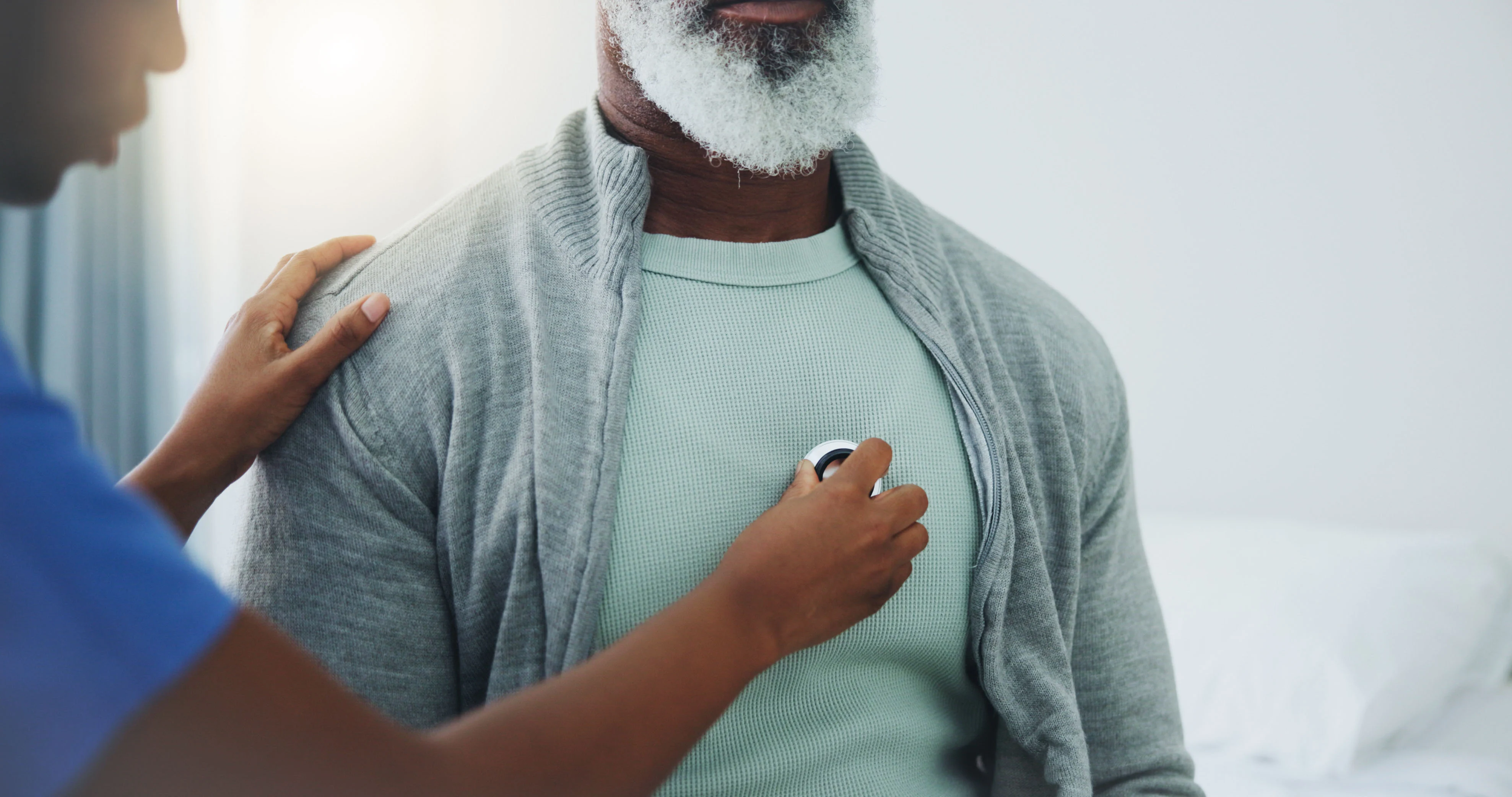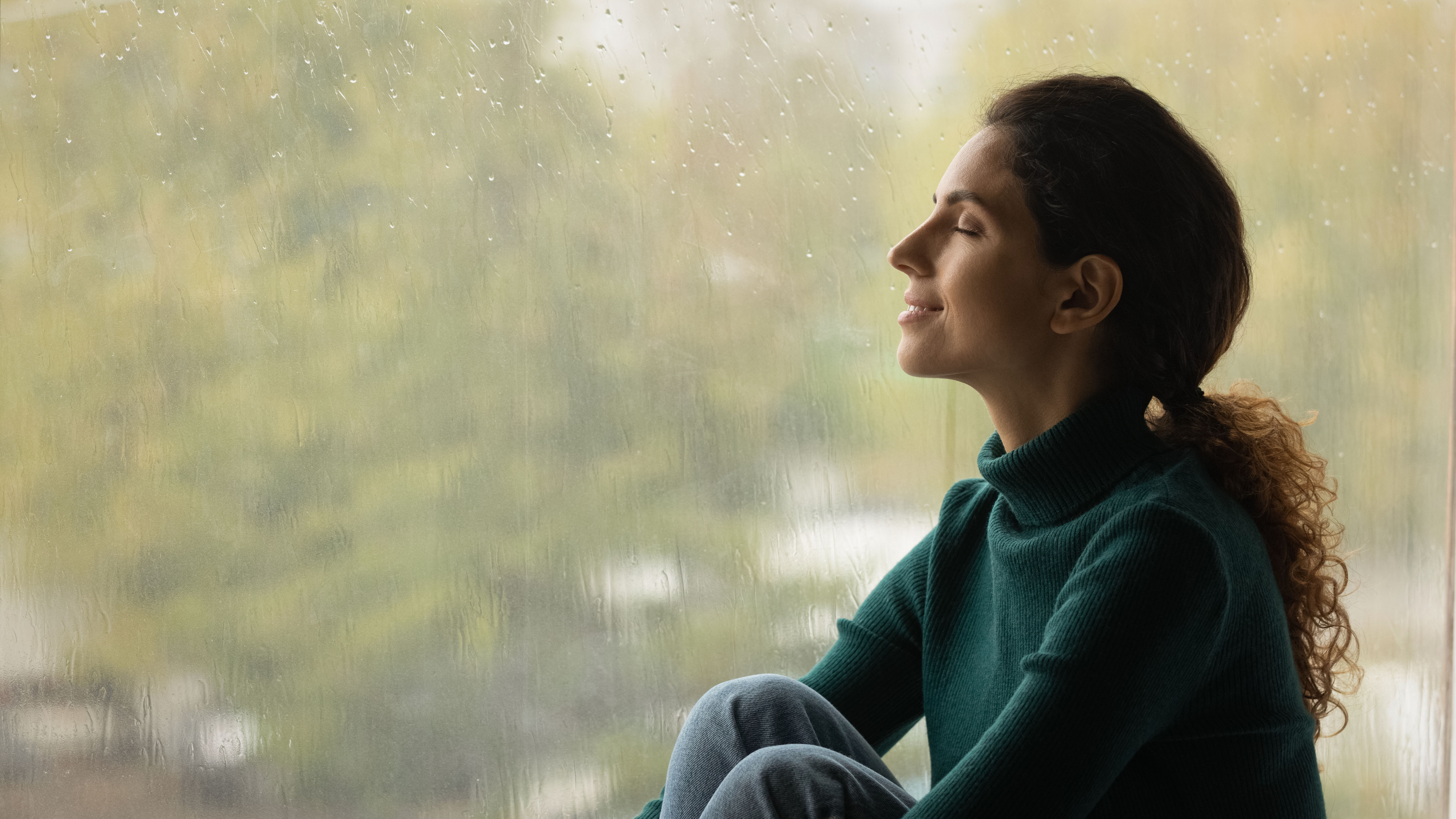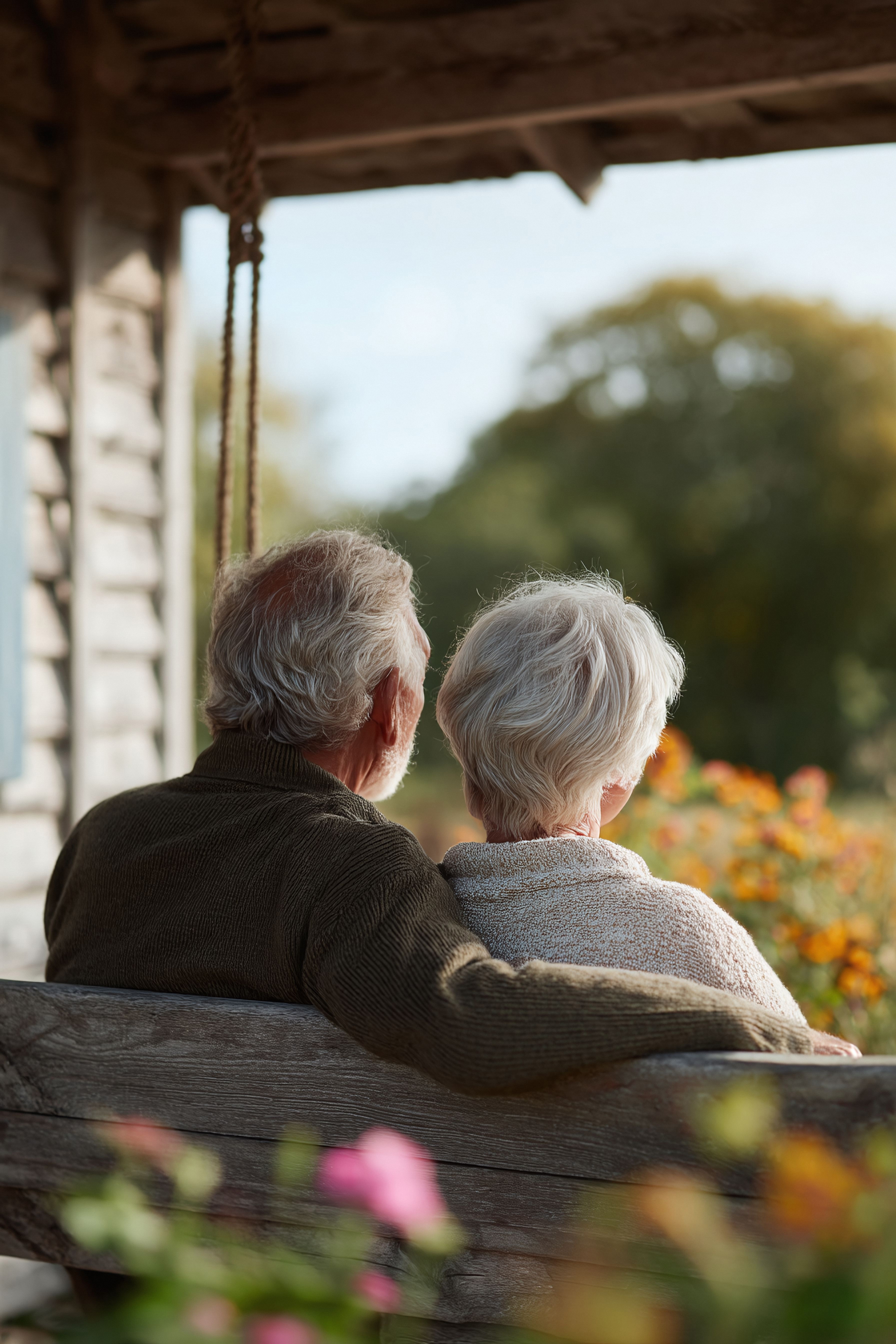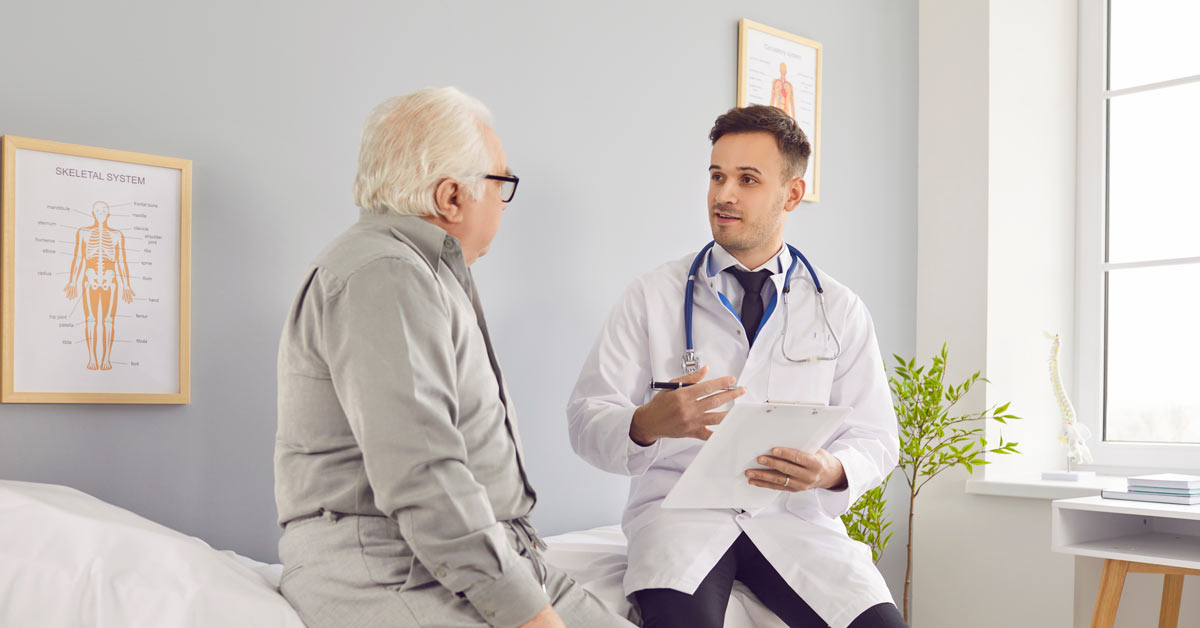You Don’t Have to Lose Sleep When Traveling
Has this ever happened to you? You spend weeks, even months, planning a trip. The day comes. You depart, full of optimism. You arrive at your destination, full of excitement. But when you go to bed that night, you can’t fall asleep.
If so, you aren’t alone. Many people struggle with sleeping when they travel. For people with sleep apnea, this is an even greater concern, since sleeping well may be a nightly challenge, even at home.
So why is it so hard to get sleep when you travel? Robert Miller, Apria Healthcare’s VP of Sleep Business, states, “There are a variety of factors. But you can take actions that may help you sleep soundly and make your travel—for pleasure or business—more enjoyable.”
The Factors that Affect Sleep When You Travel
Jet lag
Sleep is primarily influenced by our biological clock, our “circadian rhythm.” This regulates our sleep-wake cycle based on the sun’s schedule. When the sun rises, your biological clock tells you to get up. When it sets, it tells you to get ready for bed.
When you travel long distances, crossing three or more time zones, your biological clock doesn’t match up to the local time of your destination. And you experience a very common short-term sleep disorder called jet lag.
Symptoms include difficulty falling and staying asleep, which leads to fatigue, irritability, stomach problems, general malaise, and impaired physical or mental performance.
Jet lag usually lasts a few days and is often worse when traveling from west to east when you “lose” a few hours.
Travel fatigue
Many people confuse travel fatigue with jet lag, but the two are different. That’s because travel fatigue can happen during any mode of travel—not just flying across multiple time zones.
Numerous factors can cause travel fatigue, including:
- Fear of flying or traveling
- Car sickness or nausea on planes
- Inability to sleep in cars, planes, or trains
- Stress and anxiety caused by packing, delays, and logistics of travel
- Constipation, bloating, and dehydration caused by pressurized airplane cabins
Symptoms include:
- Exhaustion
- Sleep loss
- Headaches
- Overall discomfort
Apria’s Robert Miller says, “Another cause for concern with travel fatigue is that it may worsen an underlying health condition—such as sleep apnea.”
Changes to your schedule
Most people follow a regular sleep routine, going to bed and waking at the same time.
Changing that routine contributes to sleeping problems.
We all try to do as many activities as possible when we are on vacation. During a business trip, our days are fully booked. The result: we become overstimulated, and our sleep—and health—suffer.
The “first-night effect”
When they find themselves in a new environment—even a comfortable one like a resort or spa—people often sleep worse during the first night. This is referred to as the “first-night effect.”
Researchers believe that the “first-night effect” may be an evolutionary survival tactic that keeps the brain vigilant during the night to monitor potential threats in an unfamiliar setting. People with “first night effect” may experience fragmented sleep, or they may not sleep at all.
The good news: sleep generally improves after the first night—unless, of course, you’re surrounded by noisy guests!
Changes to Diet and Exercise
When we travel, we tend to eat differently: consuming heavier meals or drinking more alcohol than we normally do. We also tend to exercise less frequently.
Both can make it harder to fall asleep—and stay asleep—throughout the night.
Pack Your CPAP in Your Carry-On
If you have sleep apnea, it’s critical to sleep well each night you are on the road.
If your doctor has prescribed a CPAP (continuous positive airway pressure) machine for you, use it whenever you sleep or nap—even when traveling.
There are portable CPAP machines that are smaller and lighter than the one you use at home. These devices often have an extended battery life and can plug into an auxiliary power outlet.
You can even use them on airplanes. Robert Miller adds, “The Transportation Security Administration (TSA) encourages people with sleep apnea to travel with their CPAP machine. They recommend carrying it on the plane just in case your luggage is lost.”
Get into a Routine to Get Your Rest
Here are ways people with sleep apnea can improve their chances of getting a restful night’s sleep:
- Keep a consistent sleep schedule, like the one you follow at home
- Pack items that encourage sleep: inflatable travel pillow, noise-canceling headphones, a sleep mask
- Wear loose-fitting, comfy clothes
- Reduce anxiety by planning ahead
- Stay hydrated: drink plenty of water while you travel
- Eat wisely: fruits and vegetables, but avoid heavy meals and sweetened drinks
- Consume alcohol in moderation
- Exercise daily, even if it’s only a brisk walk
- Try relaxation techniques, such as deep breathing, yoga, and meditation
You Don’t Have to Lose Sleep When You Travel
For people with sleep apnea, getting a good night’s sleep is always a challenge. And traveling can make it even worse. But there’s good news. Simple steps can help ensure you get the sleep you need so you can make the most of your travel for business or pleasure.

.png)



